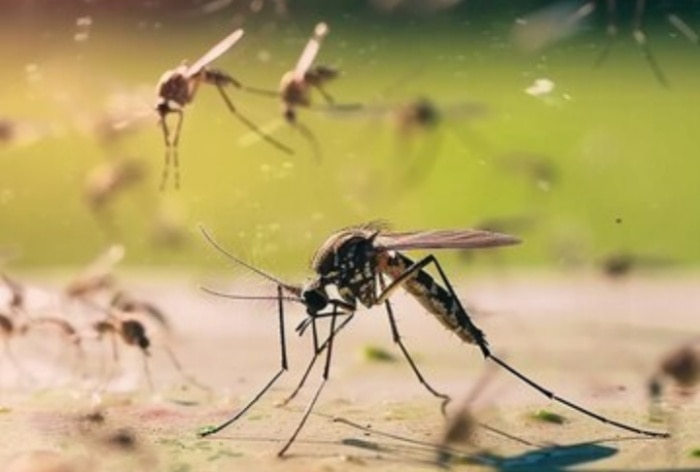Dengue cases are steadily increasing in Bengaluru. Can temperature also affect the increase in cases? Read on to learn how it can affect the spread of infection.
Dengue or bone breaking disease has crossed the 1000+ mark in Bengaluru alone. There has been an exponential rise in dengue cases in Karnataka. Amid the increase in cases, what we can do is take all the necessary precautions that one must comply with. With the arrival of the monsoon season, the humid climate, a breeding ground, is creating a conducive environment for mosquitoes. Karnataka has witnessed a rise in dengue cases compared to the year 2023. According to the state Health Department, there were a total of 3,957 dengue cases across the state till June 20 this year, which is greater than the number of dengue cases in the corresponding year. period last year. Bengaluru, Chikkamagaluru, Mysore, Haveri, Shivamogga, Chitradurga and Dakshina Kannada districts have reported the highest number of cases. Besides, 1,230 cases have been reported under the BBMP limits.
Nausea, vomiting, prolonged fever, muscle pain and pain behind the eye are some of the signs and symptoms of dengue. Did you know that temperature can also affect mosquito breeding and also the spread of infections?
How can temperature affect the spread of dengue?
Temperature plays a crucial role in the spread and transmission of the dengue virus. The dengue virus is primarily transmitted by Aedes aegypti and Aedes albopictus mosquitoes, and environmental temperature can significantly affect the mosquito population, virus replication, and the overall dynamics of dengue outbreaks.
Temperature directly influences the life cycle and population dynamics of Aedes mosquitoes. Warmer temperatures can accelerate mosquito development, leading to a faster reproduction rate and greater mosquito abundance. This, in turn, may result in an increased likelihood of human-mosquito contact and increased potential for virus transmission.
Warmer temperatures can lead to increased mosquito activity, which becomes more aggressive and bites more frequently. This may lead to a greater number of potential virus transmission events between infected mosquitoes and susceptible human hosts.
The dengue virus can survive and remain viable in the environment, including surfaces and water sources. Warmer temperatures may prolong the survival and longevity of the virus, increasing the possibility of the virus being transmitted to new hosts through various routes, such as water or contaminated surfaces.
It is important to note that the relationship between temperature and dengue virus transmission is complex and that other factors, such as rainfall, humidity and human population density, also play a crucial role in dengue epidemiology.
Understanding the impact of temperature on the spread of dengue virus is essential for public health authorities to develop effective prevention and control strategies, particularly in areas at risk of dengue outbreaks.
–>
